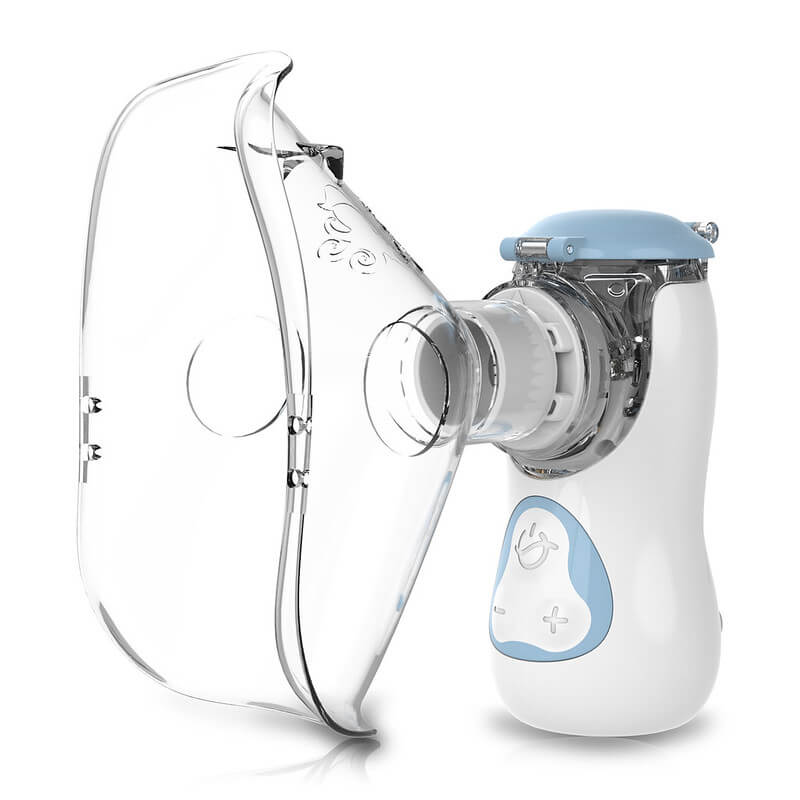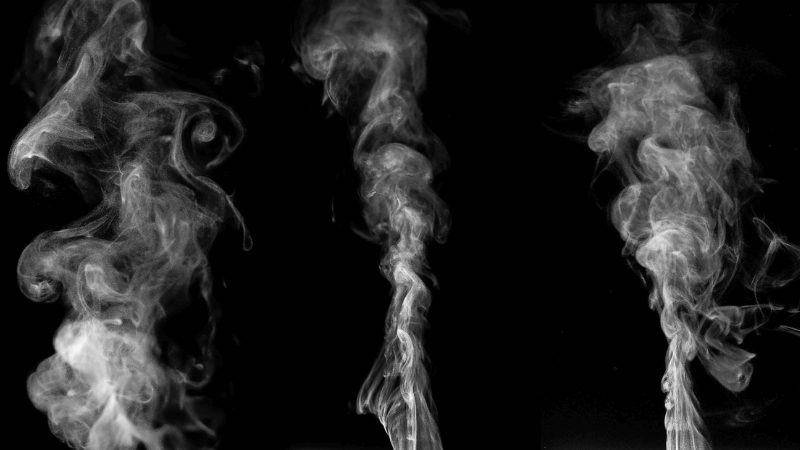Both nebulizers and humidifiers work by taking in water or a liquid and converting it into a mist. Nebulizers, Vaporizers, and humidifiers are all used for aerosol therapy—a treatment for respiratory ailments such as asthma, COPD, bronchitis, and more.
While the working mechanism of these gadgets is quite similar, they are used for different purposes. In this post, I’ll discuss these gadgets, their pros and cons, and their differences. Enjoy.
[snippet]
What is a Nebulizer?
A nebulizer is a piece of medical equipment that changes liquid medication to a mist that can easily be inhaled into the lungs. A person using a nebulizer inhales the mist through a mouthpiece or face mask. Liquid medicine is added to the nebulizer and broken down using oxygen, compressed air, or ultrasonic power. In the process of breaking down, the liquid medicine turns into aerosol droplets. A patient then inhales this via a mouthpiece device.
[/snippet]

Types of Nebulizers
There are three types of nebulizers available:
- Jet or Compressor nebulizers are the most common type and use compressed air to make aerosol out of liquid medicine. Jet nebulizers require power to generate compressed air, which makes them primarily for home use. However, some models are powered via portable batteries or car charging ports.
- Ultrasonic nebulizers make use of ultrasonic sound waves. The waves create high-frequency vibrations, which turn liquid medicine into an aerosol. Because they do not require airflow, ultrasonic nebulizers do not use a compressor, reducing noise. Ultrasonic nebulizers are mostly used in hospitals and not for personal use.
- Mesh nebulizers use a vibrating mesh element with tiny holes that creates thousands of aerosolized droplets for easier inhalation via a mask or mouthpiece. They are new, lightweight, portable, and more effective than jet nebulizers. They are best for children and the elderly. However, because of their many advantages, they tend to cost more.
Pros of Nebulizers
- They are great for patients who cannot use other types of inhalation
- Easier to use with children
- You can administer multiple medications or large doses at the same time
- Patient coordination is not required
Cons of Nebulizers
- They are not easily portable compared to alternatives like inhalers
- Longer set up and administration time
- You’ll need a source of compressed air or oxygen for jet nebulizers.
[snippet]
What is a Humidifier?
A humidifier is a device that breaks down water into moisture, raising the air’s humidity level. Humidifiers are great for preventing dryness that can cause irritations in different body parts, including skin, throat, lips, and nose. Humidifiers are also great for easing symptoms of flu or the common cold.
[/snippet]

Types of Humidifiers
Humidifiers can be categorized under three main types available. These are:
- Cool mist humidifiers work by releasing a cool vapor/mist into the air. For good reasons, they make up the bulk of humidifiers in the market. They are safe and recommended for homes with young children and babies. The two types of cool mist humidifiers are evaporative and ultrasonic humidifiers.
- Warm mist humidifiers use an internal heating element to heat water, thus realizing vapor into the air. Warm-mist is preferred because they are quiet in operation. Because the water boils, killing bacteria, they are also considered healthier. However, hot steam can be dangerous for children and consume more energy.
- Central or Whole House humidifiers are built directly into your home’s heating unit or air conditioning. They are more expensive to install but a great choice if you want to humidify your whole house. See the pros and cons of whole-house humidifiers.
Pros of Humidifiers
- Increase the humidity of the air for better health
- Prevent respiratory problems in children and the elderly
- Slow down the aging of furniture
- It saves energy and money
Cons of Humidifiers
- Excess moisture can improve the growth of mold
- White dust as the minerals in water evaporates in your home
- Cool mist humidifiers are noisy
Nebulizer vs. Humidifier
Nebulizers and humidifiers can both add moisture to the air. However, a nebulizer turns medication into a mist or aerosol that patients can inhale, while a humidifier adds moisture to improve the humidity.
Nebulizers are great for people with respiratory problems to deliver a quick form of help in case of difficulty breathing.
Humidifiers are great for adding moisture into the air, preventing irritation and discomfort associated with dry air, such as skin irritations, cracked lips, and more.

